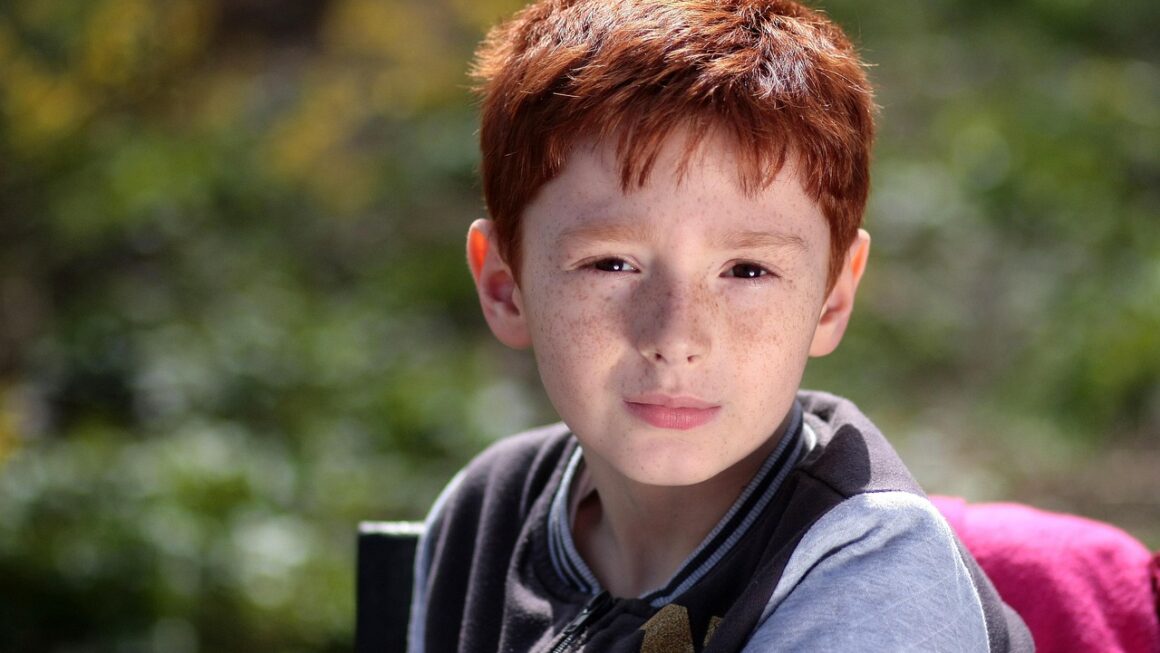Juggling work, life, and raising children can feel like a never-ending circus act. The daily grind of parenting is often filled with both immense joy and significant challenges. But fear not, fellow parents! By implementing a few strategic and practical parenting tips into your daily routine, you can cultivate a more harmonious and fulfilling family life. This comprehensive guide provides actionable advice to help you navigate the rollercoaster of parenthood with greater confidence and ease.
Establishing a Solid Daily Routine
The Power of Predictability
Children thrive on routine. Knowing what to expect provides a sense of security and reduces anxiety. A consistent daily schedule helps them regulate their emotions and behaviors, making your life easier too!
- Benefits of a Daily Routine:
Reduces tantrums and meltdowns. Studies show that children with consistent routines exhibit fewer behavioral problems.
Improves sleep patterns. A regular bedtime and wake-up time promote better sleep quality for both children and parents.
Enhances learning and development. Predictability frees up mental energy for learning and exploration.
Creates a sense of stability and security. Children feel safer and more confident when they know what’s coming next.
Crafting a Sample Daily Schedule
Creating a routine doesn’t mean strict adherence to a rigid schedule. It’s about establishing a general flow that works for your family.
- Morning Routine (7:00 AM – 9:00 AM): Wake up, get dressed, eat breakfast, brush teeth, prepare for school/daycare.
- Mid-day Routine (9:00 AM – 12:00 PM): School/daycare, learning activities, playtime. If at home: educational activities, independent play, light chores appropriate for age.
- Afternoon Routine (12:00 PM – 5:00 PM): Lunch, nap time (for younger children), homework, outdoor play, extracurricular activities.
- Evening Routine (5:00 PM – 8:00 PM): Dinner, bath time, family time (reading, games), bedtime routine.
- Bedtime Routine (8:00 PM – 9:00 PM): Quiet time, bedtime story, lights out.
- Example: If your child struggles with getting ready for school, try creating a visual checklist. Include pictures of each step: getting dressed, brushing teeth, packing lunch. This can empower them to take ownership of the process and reduce morning power struggles.
Fostering Positive Communication
Active Listening Skills
Truly listening to your child is one of the most powerful parenting tools. Active listening involves paying attention, making eye contact, and reflecting back what you hear.
- Key Elements of Active Listening:
Undivided attention: Put away distractions (phones, laptops) and focus solely on your child.
Non-verbal cues: Maintain eye contact, nod, and use open body language to show you’re engaged.
Reflecting back: Summarize what you’ve heard to ensure you understand correctly. For example, “So, you’re feeling frustrated because you can’t find your favorite toy?”
Empathy: Acknowledge and validate their feelings, even if you don’t agree with their perspective.
Using “I” Statements
Expressing your needs and feelings using “I” statements can help prevent conflict and promote understanding.
- Structure of an “I” Statement:
“I feel…” (express your emotion)
“When…” (describe the specific behavior)
“Because…” (explain the impact of the behavior)
“I would like…” (state your desired outcome)
- Example: Instead of saying, “You’re always making a mess!” try saying, “I feel frustrated when I see toys scattered all over the floor because it makes it difficult to clean up. I would like it if you could help me put them away before dinner.”
Implementing Effective Discipline
Positive Reinforcement Techniques
Focusing on rewarding good behavior is often more effective than punishing bad behavior. Positive reinforcement encourages children to repeat desired actions.
- Examples of Positive Reinforcement:
Verbal praise: “I really appreciate how you helped your sibling clean up your toys. That was very kind of you.”
Reward charts: Create a chart where children earn stickers for completing tasks or exhibiting positive behaviors.
Small privileges: Offer extra playtime, a special treat, or a later bedtime as a reward.
Consistent Consequences
When children misbehave, it’s important to implement consistent and age-appropriate consequences.
- Guidelines for Effective Consequences:
Be consistent: Apply the same consequence for the same behavior every time.
Be immediate: Deliver the consequence as soon as possible after the misbehavior occurs.
Be related: The consequence should be logically connected to the misbehavior. For example, if a child throws a toy, they might lose the privilege of playing with that toy for a period of time.
Be calm: Deliver the consequence calmly and without anger.
- Example: If your child refuses to share their toys with a friend, a consequence could be a short time-out, followed by a discussion about sharing and empathy. Explain why sharing is important and how it makes others feel.
Nurturing Self-Care as a Parent
Prioritizing Your Well-being
It’s easy to get caught up in the demands of parenting and neglect your own needs. However, taking care of yourself is essential for being a good parent.
- Benefits of Self-Care:
Reduces stress and burnout.
Improves mood and energy levels.
Enhances your ability to cope with challenges.
Sets a positive example for your children.
Simple Self-Care Strategies
Self-care doesn’t have to be elaborate or time-consuming. Even small acts of self-care can make a big difference.
- Ideas for Incorporating Self-Care:
Schedule 15-30 minutes each day for an activity you enjoy (reading, exercise, listening to music).
Practice mindfulness or meditation.
Connect with friends or family members.
Get enough sleep (even if it means trading off responsibilities with your partner).
Eat healthy meals and snacks.
Seek help when you need it (therapy, support groups).
- Example: Try waking up 30 minutes before your children to enjoy a quiet cup of coffee and read a book. This can help you start your day feeling more relaxed and centered. Remember, you can’t pour from an empty cup! Taking care of yourself allows you to be a more patient, present, and loving parent.
Embracing Flexibility and Imperfection
The Reality of “Perfect” Parenting
There’s no such thing as a perfect parent. Every family is different, and what works for one family may not work for another.
- Key Takeaways:
Focus on progress, not perfection.
Be kind to yourself and forgive your mistakes.
Learn from your experiences and adapt your approach as needed.
Remember that your children love you for who you are, not for how perfect you are.
Adapting to Change
Life with children is unpredictable. Be prepared to adjust your routines and expectations as needed.
- Tips for Handling Change:
Be flexible and willing to compromise.
Communicate openly with your children about upcoming changes.
Maintain a positive attitude and reassure your children that everything will be okay.
Remember that change can be an opportunity for growth and learning.
- Example: If your child is having a particularly difficult day, don’t be afraid to throw your schedule out the window and focus on providing extra comfort and support. A little flexibility can go a long way in creating a more positive and supportive environment.
Conclusion
Implementing these daily parenting tips can significantly improve your family’s well-being and create a more harmonious home environment. Remember that consistency, patience, and self-care are key to navigating the challenges and joys of parenthood. By focusing on establishing routines, fostering positive communication, implementing effective discipline, nurturing self-care, and embracing flexibility, you can create a strong and loving foundation for your children to thrive. Embrace the journey, celebrate the small victories, and remember that you are doing a great job!




